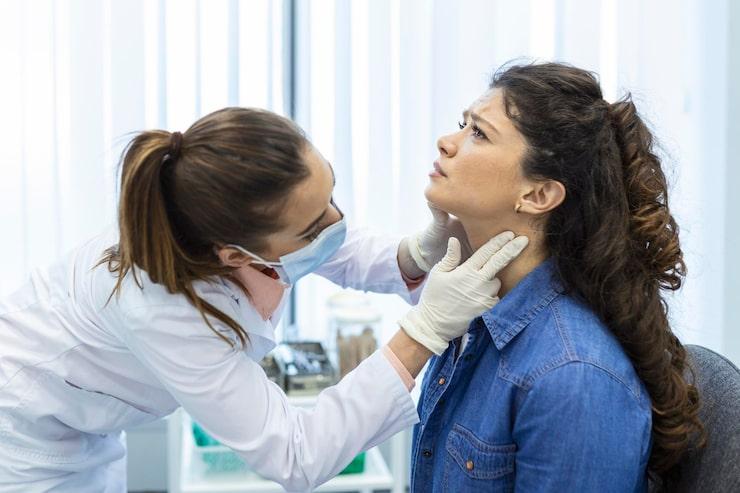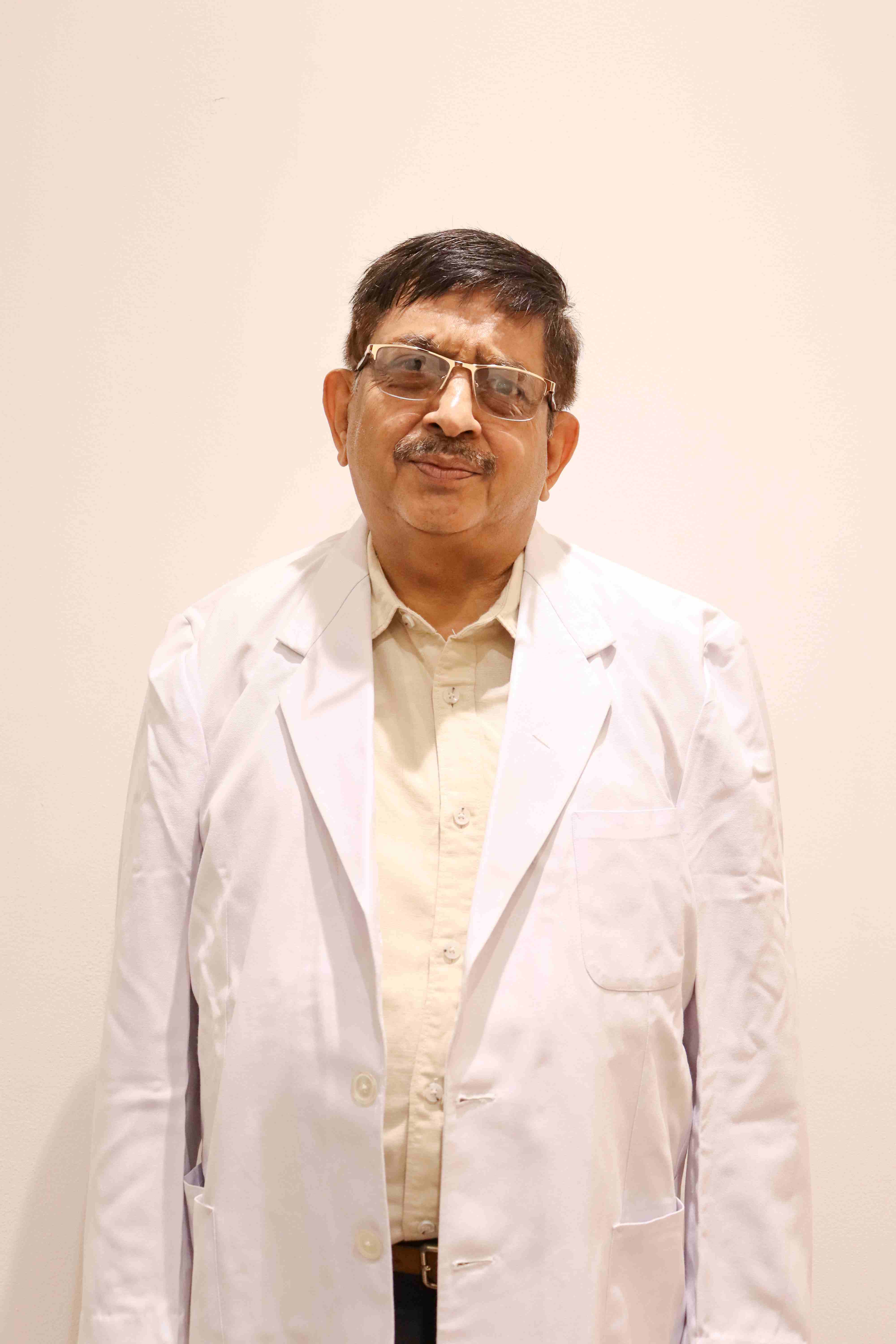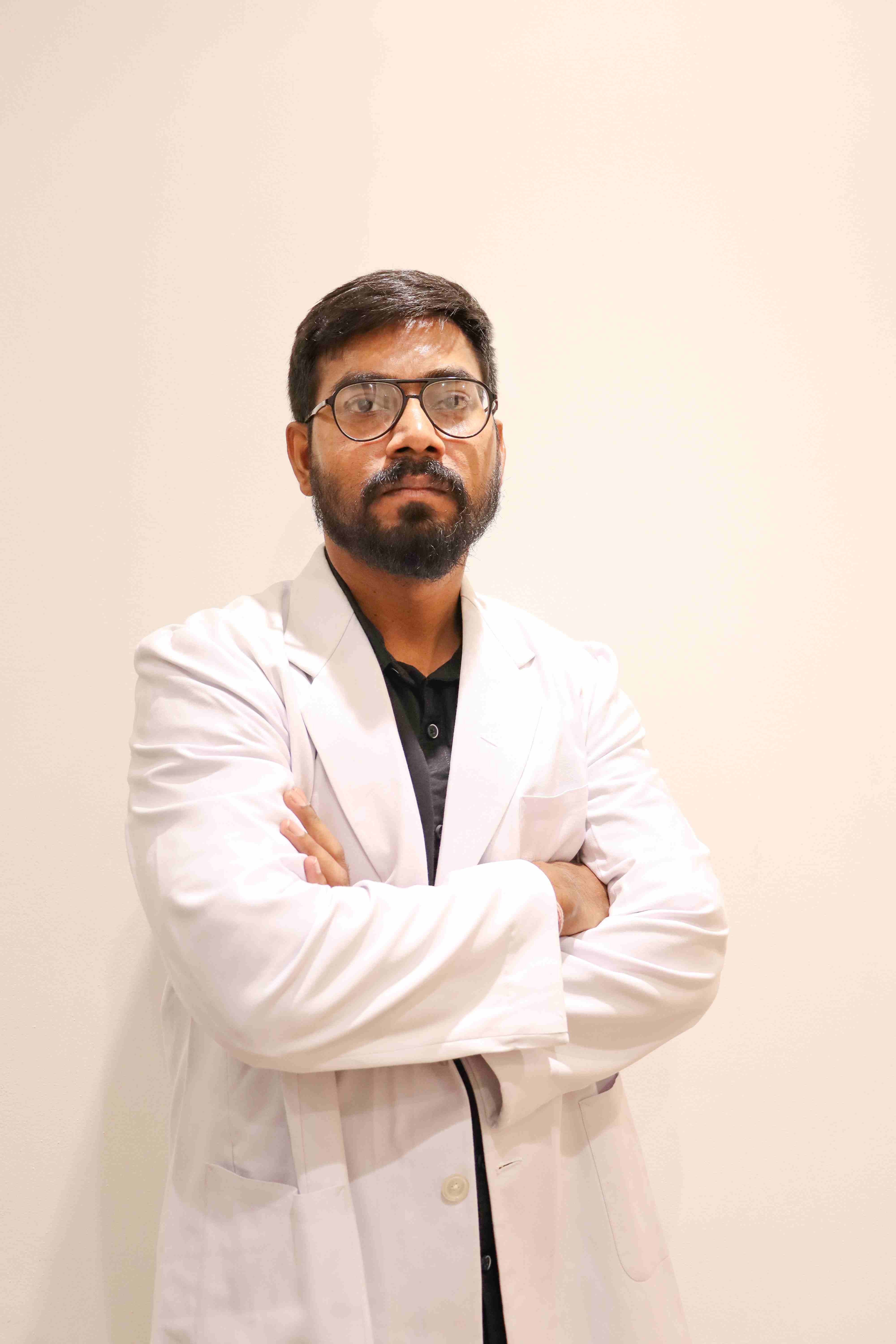
Doctor examining a sad thyroid patient
The thyroid gland, a butterfly-shaped organ located at the base of the neck, plays an essential role in regulating metabolism, energy levels, and overall hormonal balance. When thyroid function is impaired—whether due to cancer, nodules, hyperthyroidism, or other medical conditions—surgery may become necessary. A thyroidectomy, the surgical removal of all or part of the thyroid gland, is a standard yet significant procedure that requires careful preparation and thoughtful recovery.
In this blog, we will explore what a thyroidectomy entails, why it is performed, what to expect during surgery, and how recovery typically progresses. We will also highlight essential lifestyle adjustments, common challenges, and strategies to support healing after the procedure.
A thyroidectomy is a surgical operation in which part or all of the thyroid gland is removed. The procedure can be categorized into:
The type of thyroidectomy depends on the patient’s diagnosis, overall health, and the surgeon’s recommendation.
Doctors may recommend thyroidectomy for several medical conditions, including:
Preparation is an essential part of the surgical journey. Patients may undergo:
On the day of surgery, patients are typically asked to fast and avoid certain medications as directed.

Doctor checking the thyroid of a patient
Thyroidectomy is usually performed under general anesthesia and lasts between 2 and 4 hours. The surgeon makes an incision at the base of the neck to access the thyroid gland. Modern techniques often use smaller incisions and sometimes minimally invasive or robotic approaches for better cosmetic outcomes.
Special care is taken to preserve the parathyroid glands (tiny glands behind the thyroid that regulate calcium levels) and the recurrent laryngeal nerve, which controls vocal cord movement.
Following the operation, patients are monitored in a recovery room. Some everyday early experiences include:
Most patients stay in the hospital for 1–2 days, though some may be discharged the same day, depending on the extent of surgery.

Doctor conducting a follow up checkup on a patient
If the thyroid is obliterated, the body cannot produce thyroid hormones naturally. Therefore, thyroid hormone replacement pills are essential to maintain normal metabolic function.
Patients who had only part of the thyroid removed may not need replacement therapy, depending on how well the remaining gland functions.
Although thyroidectomy is generally safe, potential risks include:
Beyond the physical aspects, thyroidectomy can also impact emotional well-being. Some patients experience anxiety about scars, lifelong medication, or fear of cancer recurrence. Joining support groups or talking with a counselor can help in coping.
Lifestyle adjustments include:
A thyroidectomy is a life-changing but often necessary surgery that can successfully treat thyroid cancer, nodules, goiter, or severe hyperthyroidism. While the recovery process requires patience, careful monitoring, and long-term medication in many cases, most patients go on to live healthy and fulfilling lives.
By understanding the procedure, preparing adequately, and following recovery guidelines, patients can navigate the journey with confidence. With the proper medical support and self-care, the transition after thyroidectomy becomes smoother—and the outcome is often life-saving. For consultations and other insight, contact the seasoned experts at Prakash Hospital, Noida.
We offer expert care across key specialties, including Medicine, Cardiology, Orthopaedics, ENT, Gynaecology, and more—delivering trusted treatment under one roof.

Dr. R.C. Sharma

Dr. Abhishek

Dr. Alka Kapoor
Prakash Hospital Pvt. Ltd. is a 100 bedded NABH NABL accredited multispecialty hospital along with a center of trauma and orthopedics. We are in the service of society since 2001.
OUR SPECIALITIES
Contact Us
D – 12A, 12B, Sector-33, G. B. Nagar, Noida, Uttar Pradesh 201301
+91-8826000033

© 2026 All rights reserved.
Designed and Developed by Zarle Infotech